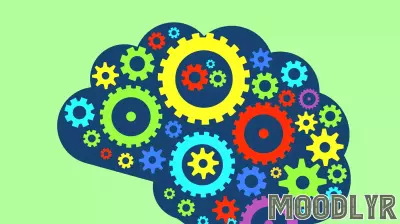December 12, 2024 - 02:09

When disagreements arise in relationships, individuals often seek various methods to restore harmony. Recent research delves into the nuances of the 'Balance Theory,' shedding light on the effectiveness of different approaches to resolving conflicts.
Balance Theory posits that maintaining equilibrium in relationships is crucial for emotional well-being. When conflicts emerge, partners may utilize strategies such as open communication, compromise, or even avoidance. Each method has its own implications for relationship dynamics and emotional health.
The latest findings suggest that while no single strategy universally outperforms others, the context of the disagreement plays a significant role in determining the most effective resolution approach. For instance, open dialogue may be more beneficial in relationships with a strong foundation of trust, while compromise might be necessary in situations where both parties hold equally valid viewpoints.
Understanding these dynamics can empower individuals to navigate conflicts more effectively, ultimately leading to healthier, more resilient relationships. As research continues to evolve, it highlights the importance of adaptive strategies in maintaining balance amidst disagreements.



